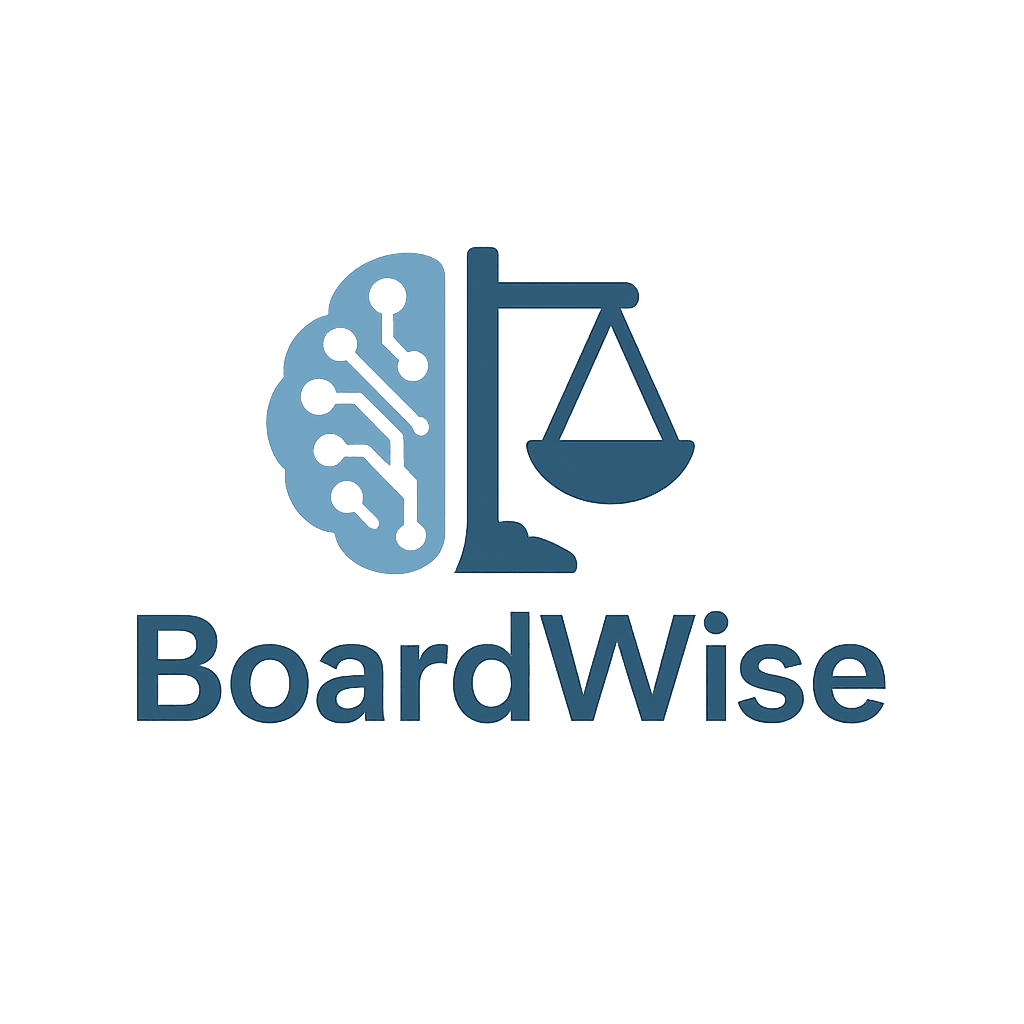What to Expect After You're Reported to Your Licensing Board
Matt
Founder & CEO of BoardWise

Getting notice that someone has filed a complaint against you can feel like the ground just shifted under your feet. For many professionals—nurses, teachers, pharmacists, therapists, or contractors, a licensing board complaint can trigger fear, confusion, and self-doubt. The good news is that there is a predictable process behind it, and understanding what happens next can help you respond clearly and protect your career.
Step 1: Initial Intake and Jurisdiction Review
When a complaint arrives, the board first determines whether it has authority over the issue and whether the allegations, if true, would violate professional standards or laws (National Council of State Boards of Nursing [NCSBN], 2023). Some complaints are dismissed immediately if they fall outside the board's jurisdiction or if the claims clearly lack evidence.
If the matter proceeds, the board notifies you in writing, usually by certified mail or secure email (or both). That notice will include the complaint summary, deadlines for response, and instructions for submitting documents or evidence. Even though it may not feel fair to receive this without context, resist the urge to react quickly. Your written response is your first impression; it should be factual, professional, and calm.
Step 2: Investigation
If the board accepts the complaint, an investigator is assigned. The investigator's role is not to punish but to gather facts. They may request records, interview witnesses, or ask you for a written narrative describing your side of the story (American Association of Nurse Attorneys [TAANA], 2022).
During this stage, boards look for documentation like charts, correspondence, or policy logs that confirm whether professional standards were met. Investigations can last from several weeks to several months, depending on complexity and caseload (U.S. Department of Health and Human Services, 2021).
Step 3: Review by Board Counsel or Staff
After the investigation, the findings go to board counsel or a professional review committee. They decide whether to dismiss the case, issue a warning, negotiate a settlement, or move forward to a formal hearing. Many cases end here with either dismissal or a consent agreement that involves education, supervision, or minor corrective action (NCSBN, 2023).
If the evidence is serious or involves potential harm to the public, the board may file formal charges. You'll receive written notice again, this time specifying alleged violations of law or rule.
Step 4: Hearing and Decision
A formal administrative hearing resembles a courtroom process but is generally less rigid. You can appear with or without an attorney. Evidence is presented, witnesses may testify, and the board or an administrative law judge decides whether a violation occurred (Administrative Conference of the United States, 2020).
Possible outcomes include dismissal, probation, suspension, or revocation. Each board's laws outline due-process rights such as notice, opportunity to respond, and appeal (Maine Revised Statutes, Title 5, §10051, 2024).
Step 5: After the Decision
If discipline is imposed, you often have a right to appeal through the state's administrative or judicial review process. Even if you accept a settlement, most boards allow reinstatement or license renewal once requirements are met. The goal of professional regulation is not punishment but public protection and professional improvement (American Nurses Association, 2023).
Many professionals describe this period as one of the most stressful experiences of their career, but also one that pushed them to clarify their values and strengthen their practice. With calm, organized responses and documentation, you can move through the process with dignity.
Practical Tips for Responding
- Read everything carefully. Note all deadlines and response instructions.
- Gather documentation early. Don't rely on memory; collect written records that verify your actions.
- Avoid emotional language in your response. Stick to facts, timelines, and professional standards.
- Seek counsel or support. Whether through a professional association, an attorney, or a trusted peer, don't go through it alone.
- Use technology wisely. Tools like BoardWise can help you structure a clear, professional response and track deadlines while keeping your data private.
Final Thought
Being reported to your board is not the end of your professional story. It is the start of a process—sometimes difficult, but navigable—with clear steps and opportunities to respond. Knowing what to expect is the first step toward reclaiming control and confidence.
References
- Administrative Conference of the United States. (2020). Best practices for administrative hearings. https://www.acus.gov
- American Association of Nurse Attorneys. (2022). Understanding the disciplinary process. https://taana.org
- American Nurses Association. (2023). Nursing regulation and professional accountability. https://www.nursingworld.org
- Maine Revised Statutes, Title 5, §10051. (2024). Administrative Procedure Act—Adjudicatory proceedings. https://legislature.maine.gov/statutes/5/title5sec10051.html
- National Council of State Boards of Nursing. (2023). Nurse disciplinary process overview. https://www.ncsbn.org
- U.S. Department of Health and Human Services. (2021). Administrative enforcement and due process in licensing boards. https://www.hhs.gov
